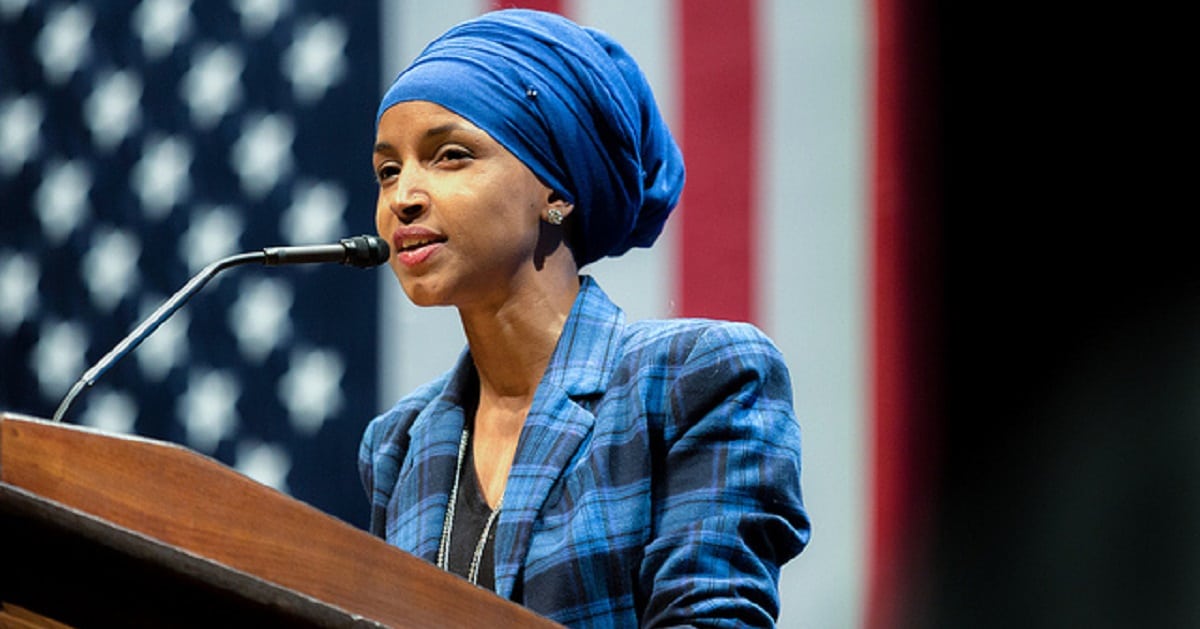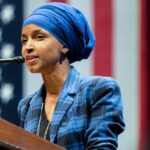



Massad Boulos, father-in-law to Tiffany Trump, finds himself at the center of attention due to alleged political connections in Lebanon.
Newsweek reported that speculation arose regarding his relationships with certain political factions, particularly those associated with Hezbollah in Lebanon. The controversy stems from Boulos's past affiliations and connections with certain Lebanese political figures.
Reports have emerged suggesting Boulos once described Suleiman Frangieh, a Hezbollah-endorsed presidential candidate, as a friend.
Additionally, he is believed to have maintained ties with Lebanese Christian parties allied with Hezbollah.
On October 11, 2024, Boulos addressed these claims, denying any formal political affiliation within Lebanon.
He insisted he was not a candidate for parliamentary elections in 2009 or 2018, despite previous assertions to the contrary. Emphasizing his longstanding Republican affiliation in the United States, Boulos sought to clarify his position amidst the growing political maelstrom.
Tiffany Trump's 2022 marriage to Michael Boulos brought Massad Boulos increasingly into the limelight. This connection subsequently increased his involvement in Donald Trump's presidential aspirations, particularly focusing on courting Arab American voters.
To understand the backdrop, it's essential to consider Lebanon's convoluted political landscape.
Lebanese politics are dictated by a complex confessional system, a legacy of its lengthy civil war, which compels power-sharing among the country's diverse religious groups.
In 2023, Hezbollah's leader, Hassan Nasrallah, openly endorsed Frangieh as their candidate for the Lebanese presidency. However, in a dramatic turn, Nasrallah was killed by an Israeli airstrike in September 2024. His death sparked significant reactions, with Frangieh expressing strong sentiments about the loss of Nasrallah.
Despite the tensions, Boulos firmly stated that he doesn't belong to any political party in Lebanon.
While acknowledging acquaintance with numerous Christian leaders there, he underscored having no intention of engaging actively in Lebanese political machinations.
His commentary also highlighted his support for former President Trump. Boulos expressed sorrow over Lebanon's current state of affairs, attributing recent conflicts to a lack of Trump's leadership.
Meanwhile, Frangieh, aka the preferred candidate by factions such as the March 8 Alliance, reportedly remains supported by groups including the Marada Movement and Hezbollah.
As these alliances shape the political dynamics, Boulos distances himself from the intricate web of alliances and rivalries in Lebanese politics.
In follow-up communications, Boulos took steps to clarify any misleading impressions created by earlier reports. By reinforcing his stance as a supporter of Lebanese sovereignty, he attempted to detach his name from the regional controversies.
Ultimately, Boulos maintains his commitment to the ideals and policies championed by the Republican Party in the United States. During a period marked by regional tension, he continues to affirm his absence from Lebanon's political scene.
As this narrative unfolds, observers watch closely to see how Boulos's relationship with the Trump family plays into broader geopolitical considerations. With an eye on both Lebanese complexity and American political infrastructures, Boulos's role remains a point of discussion.



